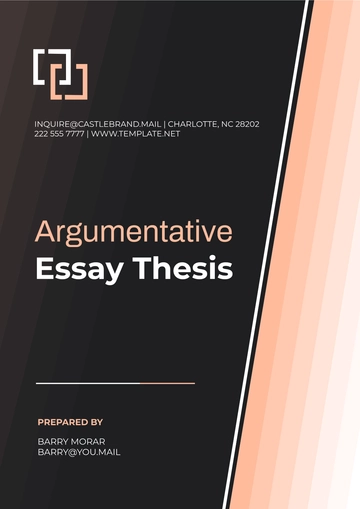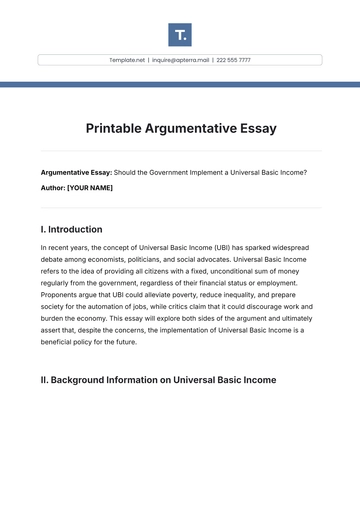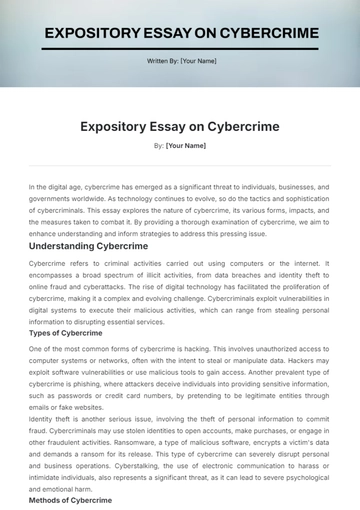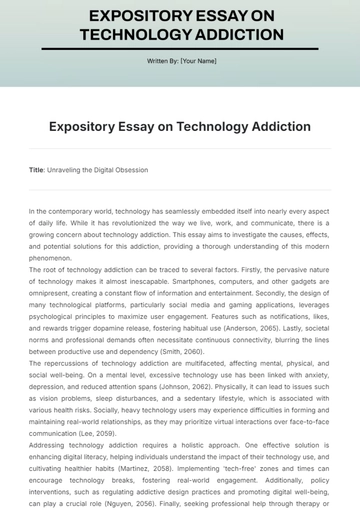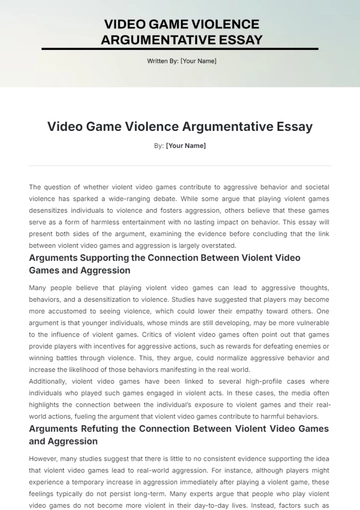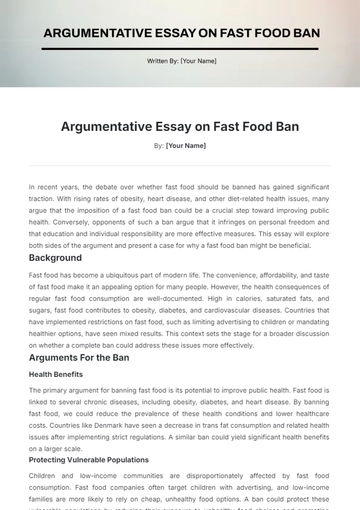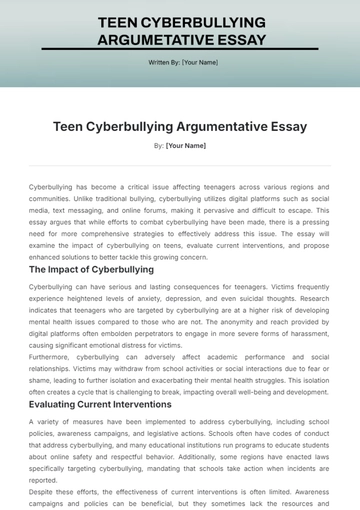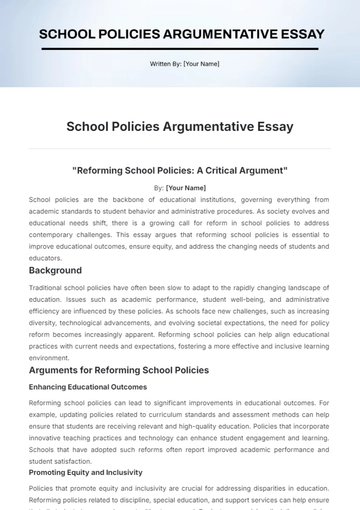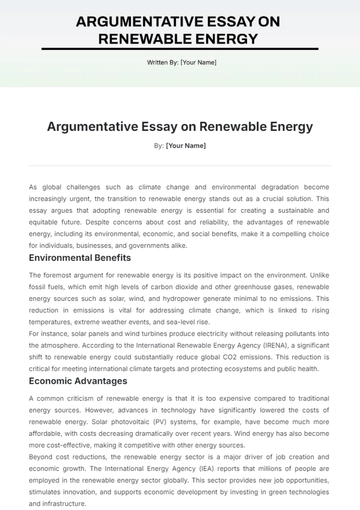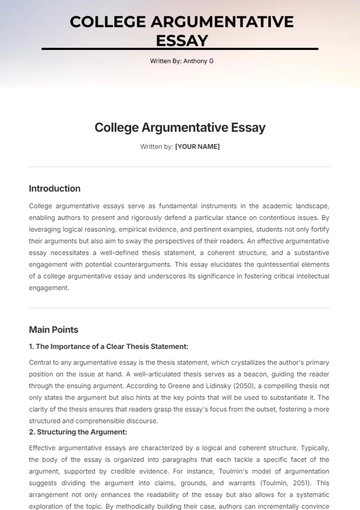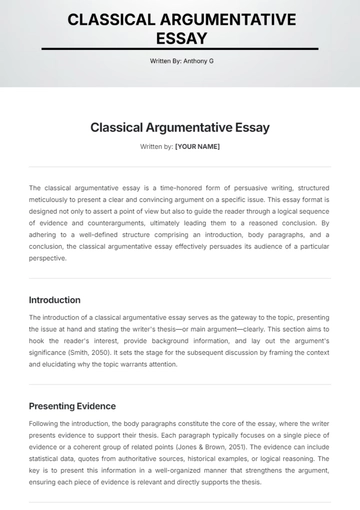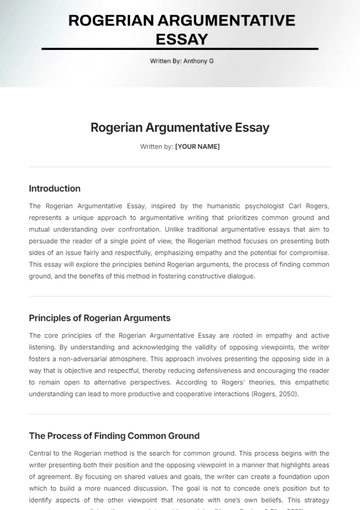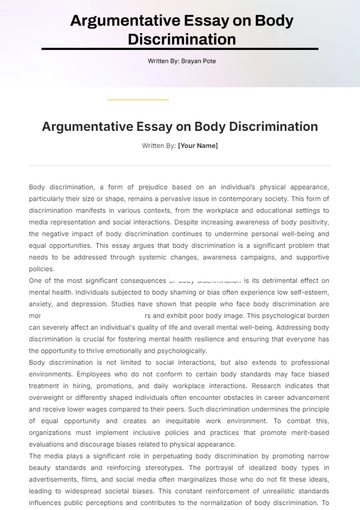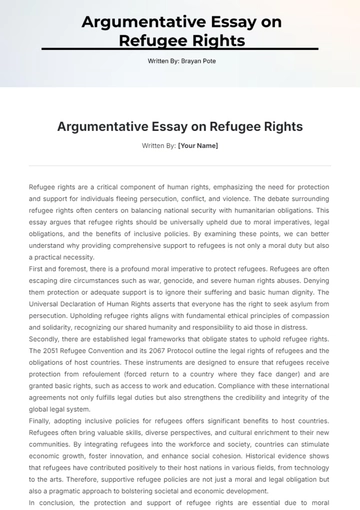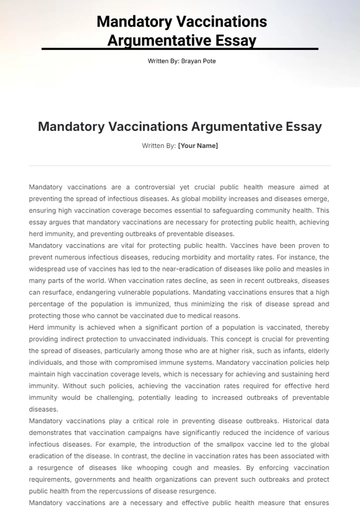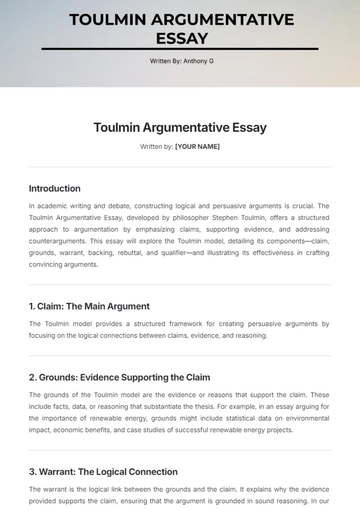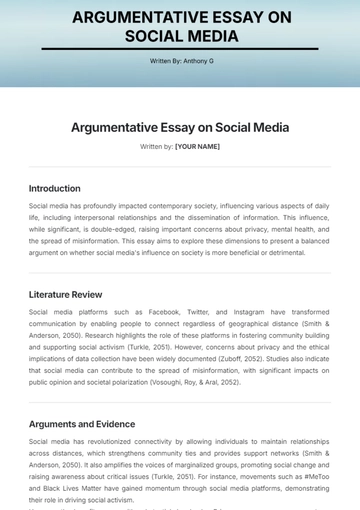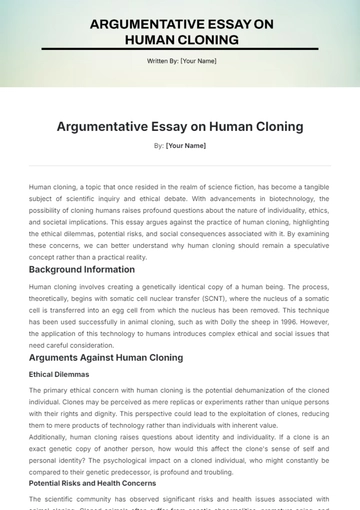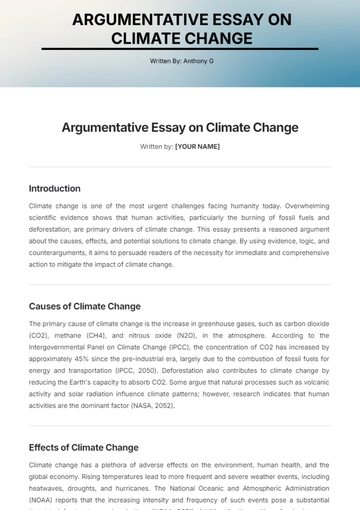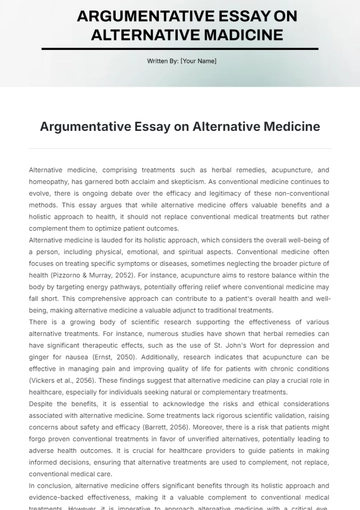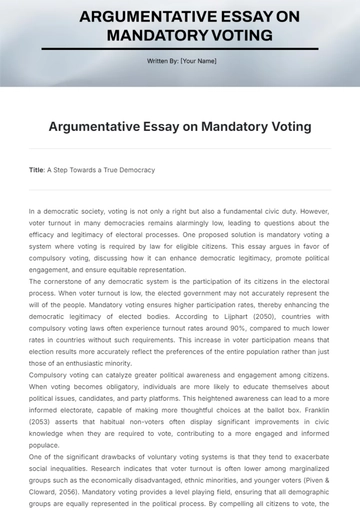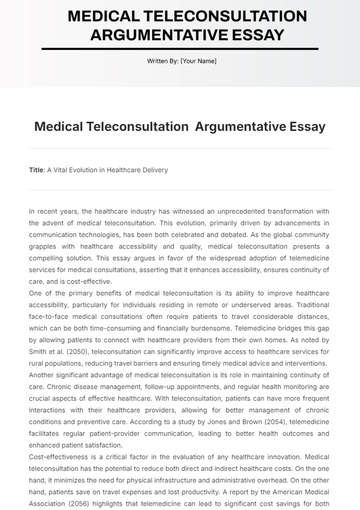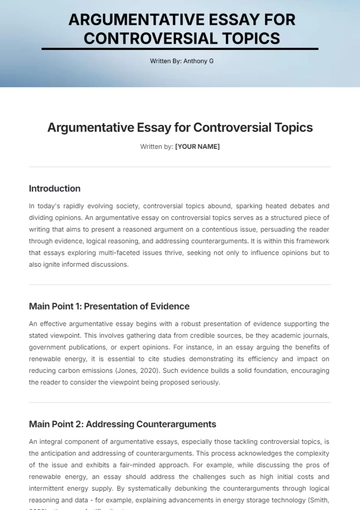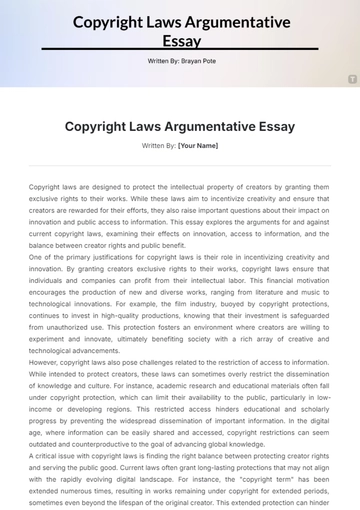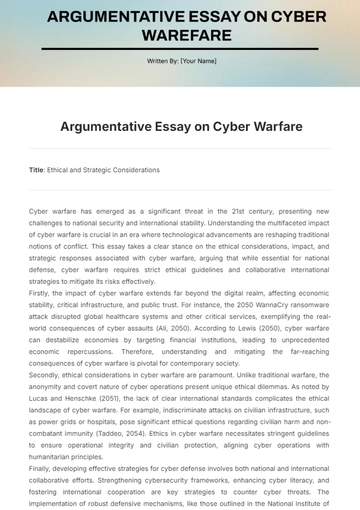Free Argumentative Essay on Voter ID Laws
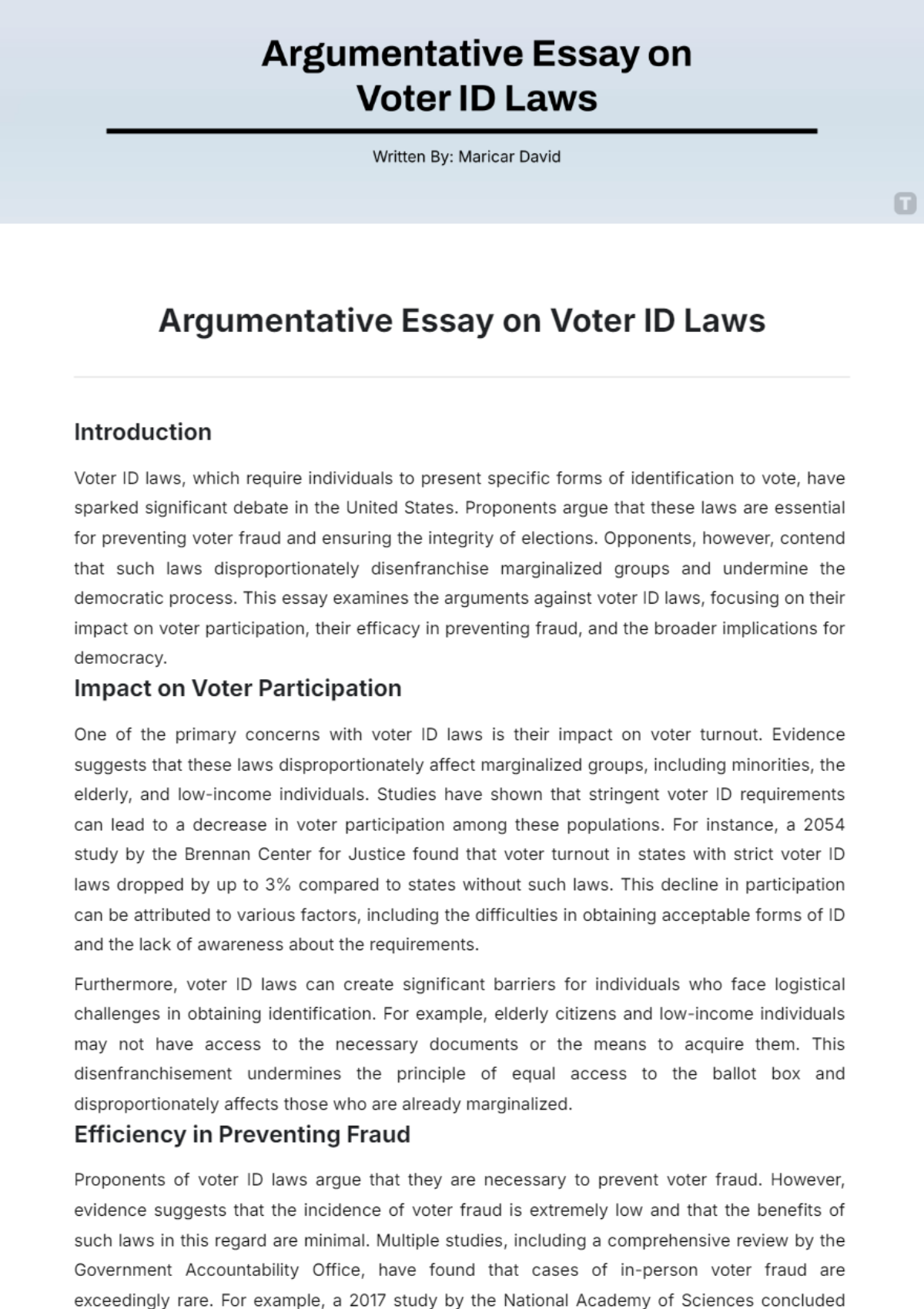
Introduction
Voter ID laws, which require individuals to present specific forms of identification to vote, have sparked significant debate in the United States. Proponents argue that these laws are essential for preventing voter fraud and ensuring the integrity of elections. Opponents, however, contend that such laws disproportionately disenfranchise marginalized groups and undermine the democratic process. This essay examines the arguments against voter ID laws, focusing on their impact on voter participation, their efficacy in preventing fraud, and the broader implications for democracy.
Impact on Voter Participation
One of the primary concerns with voter ID laws is their impact on voter turnout. Evidence suggests that these laws disproportionately affect marginalized groups, including minorities, the elderly, and low-income individuals. Studies have shown that stringent voter ID requirements can lead to a decrease in voter participation among these populations. For instance, a 2054 study by the Brennan Center for Justice found that voter turnout in states with strict voter ID laws dropped by up to 3% compared to states without such laws. This decline in participation can be attributed to various factors, including the difficulties in obtaining acceptable forms of ID and the lack of awareness about the requirements.
Furthermore, voter ID laws can create significant barriers for individuals who face logistical challenges in obtaining identification. For example, elderly citizens and low-income individuals may not have access to the necessary documents or the means to acquire them. This disenfranchisement undermines the principle of equal access to the ballot box and disproportionately affects those who are already marginalized.
Efficiency in Preventing Fraud
Proponents of voter ID laws argue that they are necessary to prevent voter fraud. However, evidence suggests that the incidence of voter fraud is extremely low and that the benefits of such laws in this regard are minimal. Multiple studies, including a comprehensive review by the Government Accountability Office, have found that cases of in-person voter fraud are exceedingly rare. For example, a 2017 study by the National Academy of Sciences concluded that the rate of in-person voter fraud is between 0.0003% and 0.0025%, which is statistically insignificant.
Moreover, there is no evidence to suggest that voter ID laws have had a substantial impact on reducing fraud. In fact, the implementation of voter ID laws has often led to increased administrative costs and logistical challenges without providing a clear benefit in terms of election integrity. The emphasis on preventing fraud through voter ID laws may therefore be misplaced, as the actual threat of fraud is minimal compared to the potential harm caused by disenfranchising eligible voters.
Broader Implications for Democracy
The broader implications of voter ID laws for democracy are also a significant concern. Democracy relies on the principle of universal suffrage, where all eligible citizens have the right to vote without undue barriers. Voter ID laws, by imposing additional requirements, can undermine this principle and create a system where access to the ballot box is not equitable.
Additionally, the implementation of voter ID laws can erode public trust in the electoral process. When large segments of the population feel that they are being excluded or disenfranchised, it can lead to a decline in confidence in the democratic system. Ensuring that all eligible voters can participate fully in elections is crucial for maintaining the legitimacy and fairness of the democratic process.
Conclusion
In conclusion, voter ID laws present a complex issue with significant implications for voter participation, election integrity, and democracy as a whole. While proponents argue that these laws are necessary to prevent fraud, the evidence suggests that the incidence of voter fraud is exceedingly low and that the benefits of such laws are minimal. More importantly, voter ID laws disproportionately affect marginalized groups and create barriers to voting that undermine the principle of universal suffrage. As such, it is essential to carefully consider the impact of voter ID laws on democratic participation and seek alternative measures that address concerns about election integrity without disenfranchising eligible voters.
- 100% Customizable, free editor
- Access 1 Million+ Templates, photo’s & graphics
- Download or share as a template
- Click and replace photos, graphics, text, backgrounds
- Resize, crop, AI write & more
- Access advanced editor
The Argumentative Essay on Voter ID Laws Template, offered by Template.net, is a customizable, downloadable, and printable resource designed to help you craft compelling arguments on this critical topic. Fully editable in our AI Editor Tool, this template allows you to personalize content, ensuring your essay is tailored to your unique perspective.
